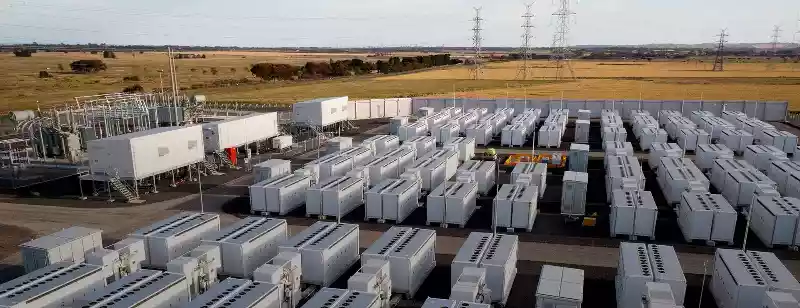
THE solution to South Africa’s energy crisis lies in closer cooperation and trust between government and the private sector.
This was the bottom line at a panel discussion at the Green Energy Africa Summit this week.
Speaking at the conference, Richard Doyle, managing director of Juwi Renewable Energies, said the energy sector has seen a “mixed bag of developments” over the last few years, adding that “the better the private sector and government can work together, the faster we can effect change”.
Earlier this year, Juwi announced that it has 400MW of engineering, procurement and construction projects in advanced stages of development for mines in South Africa.
“We’re seeing a wave of formal requests for renewable energy projects from South African mines, largely driven by the energy crisis, commercial considerations and decarbonisation targets,” Doyle says, noting that the right regulation had to be in place to translate the demand into actual projects.
“The amendments to the licence exemption threshold and ability to wheel electricity are now allowing us to pivot projects into the private sector, making them a reality,” he says.
Wheeling is the act of transporting electricity from a generator to a remotely located end-user through the grid. With most large mines and energy users in South Africa lacking land for large-scale wind and solar projects, the ability to wheel electricity is essential for self-generation.
Jan Fourie, executive vice-president for Scatec in sub-Saharan Africa, said South Africa doesn’t need to reinvent the wheel.
“There are well-trodden paths elsewhere in the world … we need to learn from those and put it into practice in the South African context,” he said.
“Money is really not the problem when it comes to funding these projects. It’s finding the right projects, and making sure the right off-takers are well versed in what they are buying.
“I think there’s a lot of education, similar to the beginning of REIPPP [Renewable Independent Power Producer Programme] where everyone from the banks to the lawyers had to get educated fast.
“I think now, the private sector off-takers are going through a similar learning curve and upskilling themselves,” Fourie says.
More thought on regulatory changes
Rentia van Tonder, head of power, corporate and investment banking at Standard Bank, notes that regulatory changes should be considered carefully when it comes to practical implementation.
“For example, with the municipal wheeling arrangements, it needs to be more clear who takes risk where, or there are going to be difficulties accessing finance,” she cautions.
In the 12 years since the launch of large-scale renewable energy projects in South Africa, there has been a renewed appreciation for the role financiers play.
“The one challenge is the risk around pricing, as we have seen real margin compression on the back of competition between the banks,” she says.
Marlise Schmidt, transactions director at Globeleq Africa, cited the example of a Globeleq project in Mozambique as a case study for how the private sector can play a meaningful role.
The Central Tèrmica de Temane (CTT) 450MW gas-fired project will supply low-cost, reliable power to Electricidade de Moçambique (EDM) under a 25-year tolling agreement using natural gas supplied from the Pande-Temane fields.
The CTT is expected to provide electricity to about 1,5 million homes and contribute about 14% of the electricity supply capacity available to meet demand in Mozambique.
The CTT is 85% owned by Mozambique Power Invest (MPI) and 15% by Sasol Africa. MPI is owned by Globeleq (76%) and EDM (24%). Globeleq is also leading the development of a 120MW wind project at Namaacha, near Maputo. — Daily Maverick.
- Moodley is an award-winning business and personal finance journalist.










